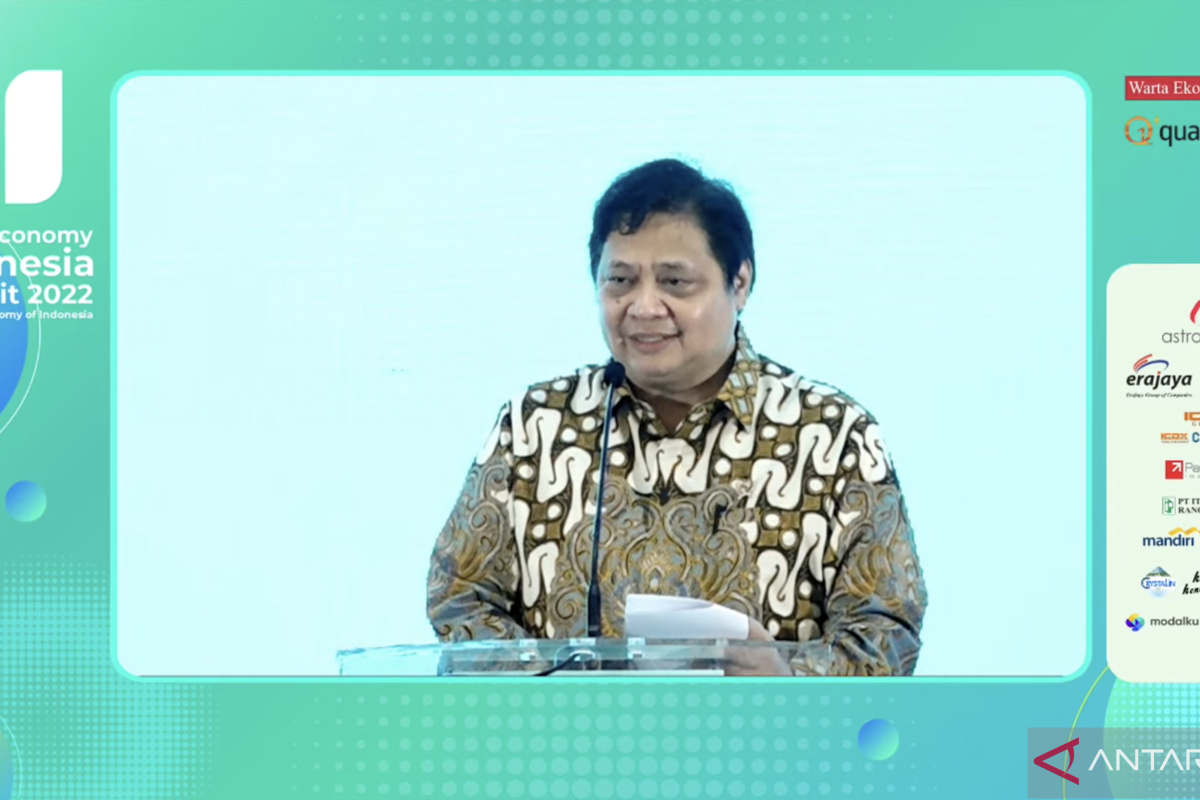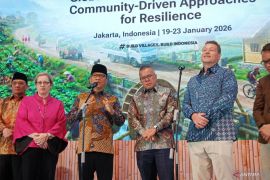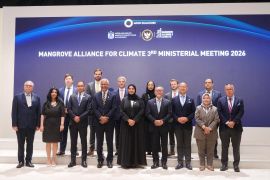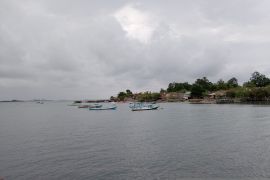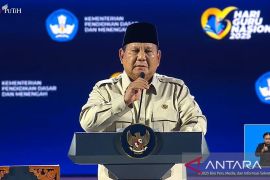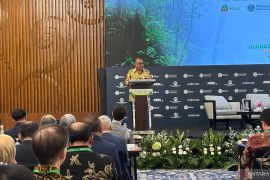Awareness of the negative impacts of climate change must be maintained. We are committed to reducing (emissions by) 29 percent independently by 2030 and by 41 percent with international assistanceJakarta (ANTARA) - Awareness of the negative impacts of climate change should be maintained to achieve the target of the Paris Agreement and not affect the gross domestic product (GDP), Coordinating Minister for Economic Affairs Airlangga Hartarto stated.
“Awareness of the negative impacts of climate change must be maintained. We are committed to reducing (emissions by) 29 percent independently by 2030 and by 41 percent with international assistance," Hartarto said at the 2022 Green Economy Indonesia Summit: "The Future Economy of Indonesia" on Wednesday.
The minister later explained that if the net-zero emission target is achieved, then the world's GDP will decrease by 10 percent, thereby resulting in Southeast Asia being one of the regions with high risk.
The climate economic index also shows that Indonesia is a vulnerable country, especially during the dry season. The government, especially through the Ministry of Environment and Forestry, has made preparations to deal with forest fires.
Related news: Will fully support Nusantara construction: BMKG
Efforts to realize a green economy are also encouraged through the G20 panel by discussing sustainable financing to finance sources based on multilateral development. Indonesia and Asian Development Bank are discussing a scenario to develop profitable low-carbon energy.
"This includes pilot projects related to emission reduction activities targeted at 2060. It is hoped that the prototyping of the steam power plant (PLTU) would be financed. The scenario is being discussed with the Asian Development Bank," Hartarto remarked.
He later noted that Indonesia's renewable energy potential is quite high, amounting to 442 gigawatts for power generation. However, renewable energy still faced challenges in technology, such as hydro-power, which can only be built in North Kalimantan and Memberamo Papua. However, the highest demand comes from Java.
Furthermore, the government continues to encourage the energy transition mechanism in the form of taxation in a cap and trade and cap and tax.
In the transportation sector, the government is also committed to encouraging the mandatory biodiesel program and energy reduction equivalent to 23.3 million tons of CO2 equivalent that is expected to encourage the electric car-based industry sector.
Related news: Manage mangroves well to prevent their becoming emission source: BRGM
Moreover, the government is striving to reduce the cost of carbon capture and storage through the same technology as ammonia injection in the form of a combination of coal and ammonia. The cost only comes up to US$25 per ton, from the previous US$100 per ton.
The president has also passed a regulation on the economic value of carbon that aims to encourage the creation of carbon-neutral-based industries.
“The green industry is the main goal of the energy transition period, and this will ultimately provide added value to the economy itself. Besides that, it can also absorb highly skilled workers," Hartarto concluded.
Related news: South Korean President Yoon Suk-yeol receives Megawati in Seoul
Related news: G20 members should collaborate to recover global manpower: Minister
Translator: Kuntum Khaira R, Resinta S
Editor: Fardah Assegaf
Copyright © ANTARA 2022
